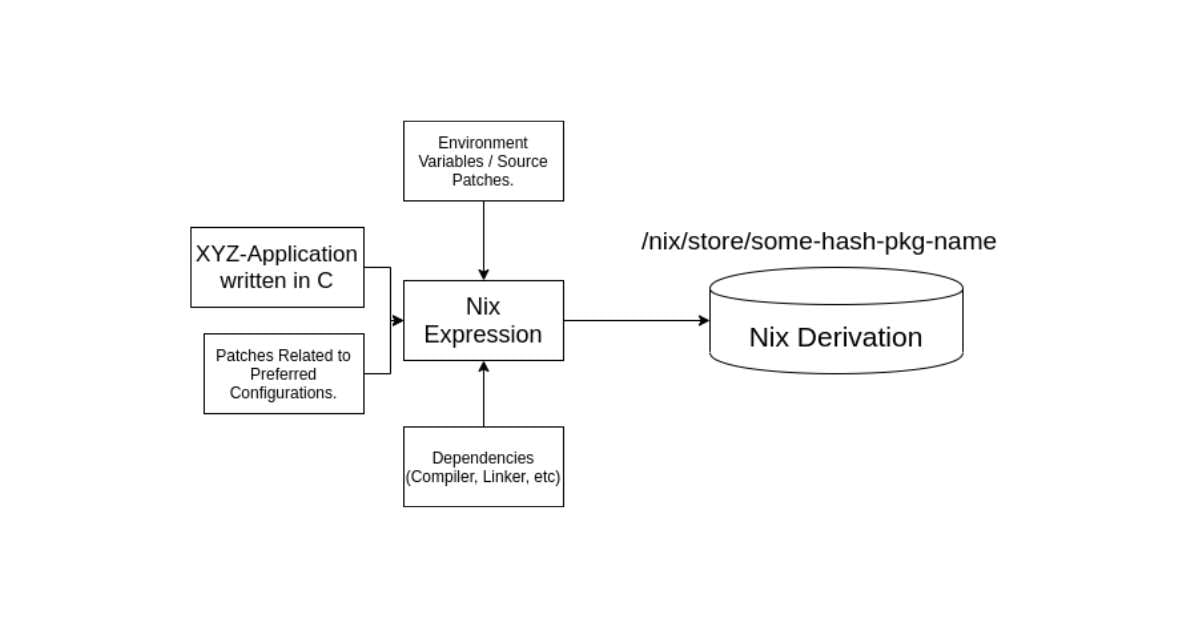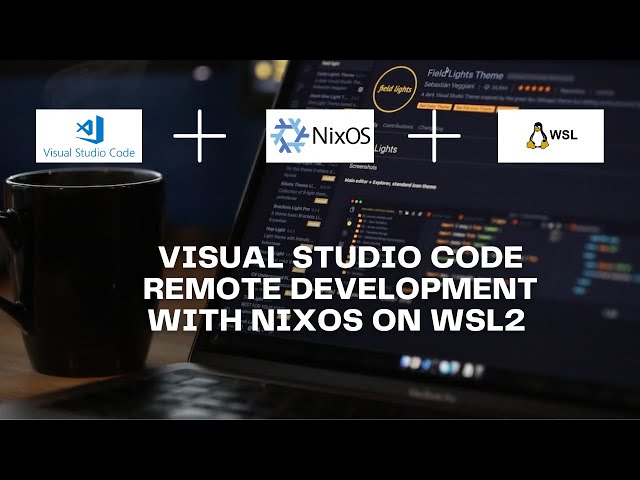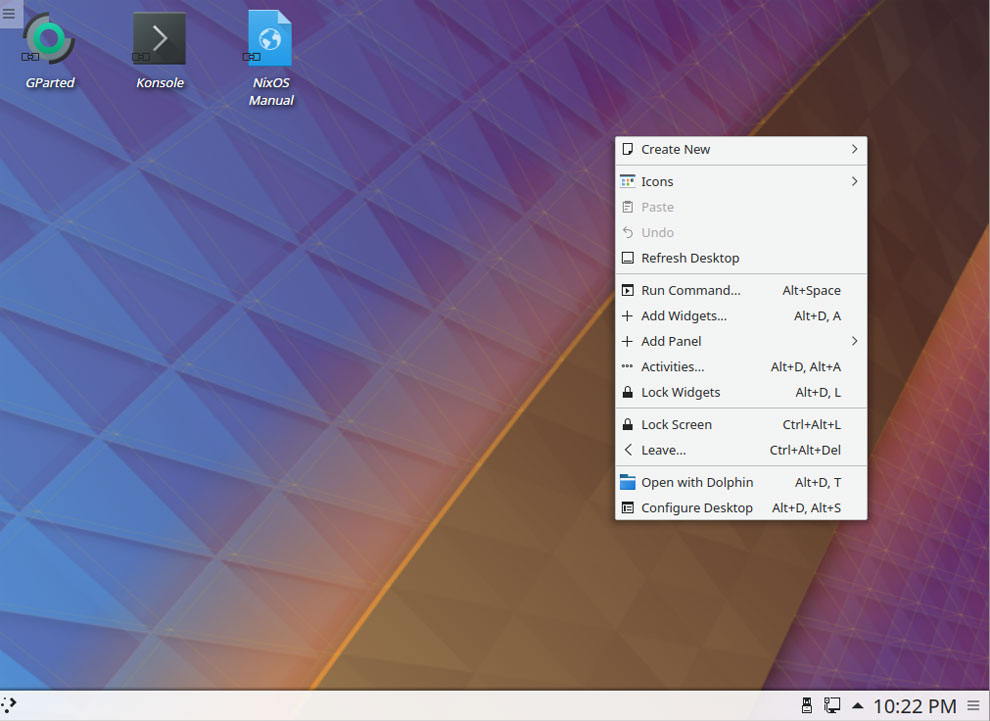Disruptive Changes in the Linux Kernel Community
The Linux community has witnessed an unprecedented shake-up, with several Russian maintainers being removed from the developers’ official file, a move that raises eyebrows across the tech landscape. According to Greg Kroah-Hartman, who is the Linux project’s right-hand man, the decision stemmed from some necessary compliance updates—albeit without disclosing specifics. In stark terms, he remarked that “Some entries deleted due to various compliance requirements. They may return in the future if sufficient documentation is provided.”
The Shadow of Sanctions Looms Large
In a world increasingly divided by geopolitical tensions, it comes as no surprise that sanctions against Russia would ripple through the open-source community. The affected maintainers, many of whom used a .ru email address, were almost immediately labeled with the stigmas that accompany such allegiances. While Kroah-Hartman chose to remain vague about the rationale, Linus Torvalds, the iconic leader of the Linux project, didn’t mince words during a mailing list discussion:
“If you want to send me a revert patch, please use the mush you call brains.”
Torvalds went on to elaborate that the compliance requirements aren’t solely an American agenda and hinted that those overlooking the current news cycle were sorely out of touch. After all, Finland’s historical context with Russia adds layers to Torvalds’ staking of positions.
 The evolving landscape of Linux project maintainers
The evolving landscape of Linux project maintainers
A Matter of Responsibility
The discourse surrounding the removals shed light on a critical viewpoint—these maintainers were not merely software engineers; they were affiliated with entities listed in US and EU sanctions linked to the Russian military. Konstantin Ryabitsev, an administrator for kernel.org, pointedly stated in a heated exchange, that these developers “are not innocent techies.”
This assertion complicates the narrative. Yes, the technicalities focus predominantly on hardware drivers. However, the ethical implications are far-reaching and somewhat damning. If you’re contributing to technology projects while associated with organizations beset by allegations of war crimes, is there really an escape from scrutiny?
Enveloping the Future of Contributions
Despite the removals, it remains ambiguous whether these developers can continue contributing to Linux. In theory, they may simply adopt a different email address to bypass the scrutiny, turning the matter into a question of transparency. Yet, in an environment founded on shared knowledge and community collaboration, such actions arguably undermine the very essence of open-source contributions.
As an avid follower of the kernel development, this situation provokes mixed feelings. On one hand, I admire the principled stand taken by prominent figures like Torvalds and Kroah-Hartman for maintaining ethical compliance within the community. On the other hand, I ponder whether the stringent adherence to political alignments overshadows the fundamental ethos that Linux was built upon: a collaborative spirit free from censorship or ideological divides.
The Global Impact on Open Source
The ramifications of these actions may extend beyond the immediate sphere of Linux maintainers. In the ever-evolving tech landscape, how will international developers view their ties to different geopolitical realms? Are we entering a period where maintaining distance becomes a necessity?
If this trajectory continues, projects relying on a vast network of global contributors may find themselves increasingly insulated from certain regions, narrowing the pool of talent and stifling innovation. Imagine a future where developers from specific countries are consistently sidelined based merely on their nationality, rather than their expertise or contributions.
Staying connected with news as it develops is crucial. Follow us on Facebook, LinkedIn, or Mastodon to stay updated on these significant shifts.
In closing, the Linux kernel community stands at a crossroads. The choices made in the upcoming months will not only shape the structure of one of the world’s largest open-source projects but also set precedent for how we navigate the rough waters of technology in politically charged times. Let’s hope that commitment to collaboration and innovation will guide us forward, unimpeded by borders.
Join the conversation—post your thoughts below.


 Photo by
Photo by 










